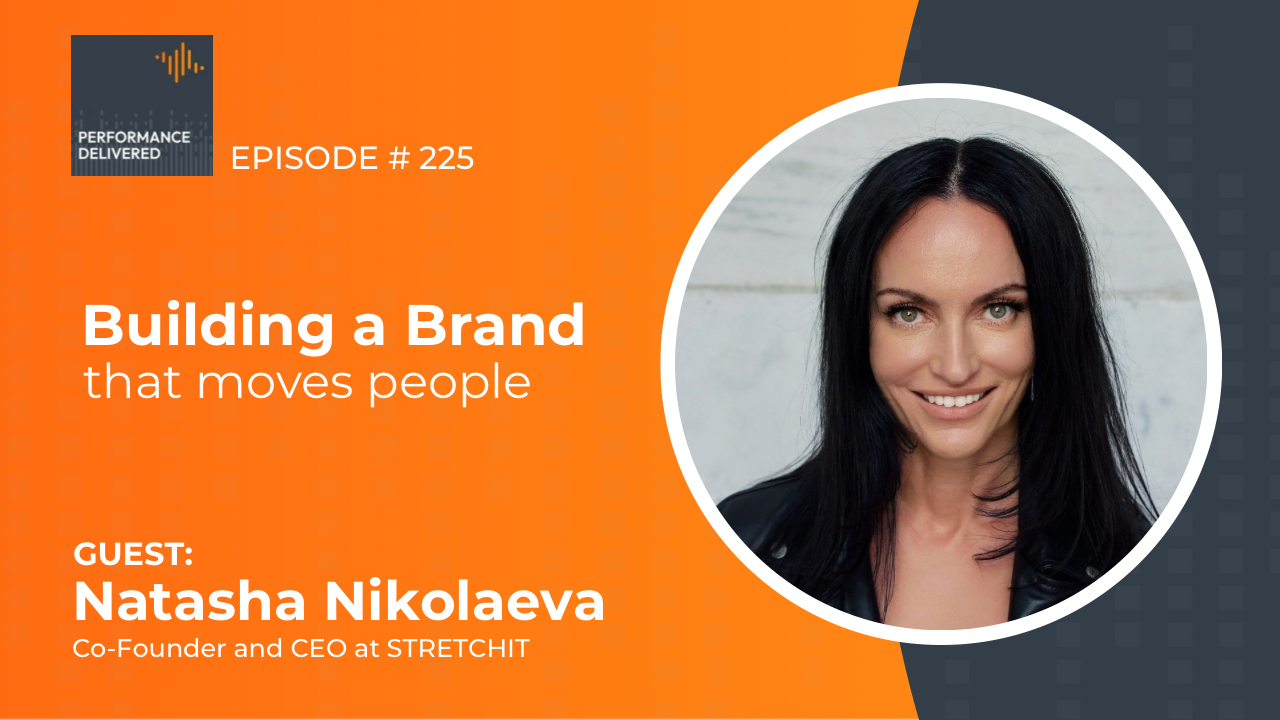In 2025, relying solely on backlinks to grow your organic visibility is like optimizing for AltaVista in a Google world. Yes, backlinks still matter. But the rules of the game have changed.
Backlinks were once the currency of credibility online. When Google entered the internet in '90s, it didn’t just crawl the web - it mapped relationships. PageRank turned the internet into a web of votes, using backlinks to determine which pages deserved to rank. This approach crushed Yahoo’s directory-style indexing and redefined how search engines measured relevance and trust.
For the next two decades, backlinks remained one of the most powerful ranking signals in traditional SEO. But now we’re in a new era, one shaped by generative AI, LLMs like ChatGPT, and AI Overviews in Google’s own results. These systems don’t just rank, they summarize, recommend, and cite sources in real time; and they don’t use the same rules as Google.
In this article, we’ll explore:
- How backlinks still influence traditional search rankings
- Why their role is evolving in the world of AI-driven discovery
- What marketers need to rethink to stay visible in both SEO and LLM ecosystems
The signal hasn’t disappeared but the context has changed. Let’s unpack what that means.
What Are Backlinks?
.png)
Backlinks are hyperlinks on external websites that direct to a specific page on another domain/website. They function as digital endorsements that signal authority, trust, and relevance. Essentially, a vote that another site is credible and worth sending their users to for more information.
For example, if an industry publication links to a software company's product page in an article, that link is a backlink. Search engines treat it as a signal that the content is valuable and credible.
These links have long helped search engines determine which pages deserve higher rankings. But not all backlinks are created equal. A single link from a respected, high-authority site can be far more impactful than dozens from low-quality sources. Quality over quantity has always been the rule.
How Backlinks Drive Traditional Google Search in 2025
Backlinks continue to influence Google rankings today but their impact has gradually diminished as topical relevance, content quality, and user experience have grown in importance.
Backlinks Still Matter (But Less Than Before)
Google’s official documentation confirms that backlinks remain a “signal when determining the relevancy of pages,” though the word “important” was dropped in 2024, reflecting a quieter emphasis. Google reps such as Gary Illyes have repeatedly stated that links matter but not to the level that SEO’s like to think they do.
“I think they [links] are important, but I think people overestimate the importance of links. I don’t agree it’s in the top three. It hasn’t been for some time.” - Google's Gary Illyes
“My recommendation would be not to focus so much on the absolute count of links. There are many ways that search engines can discover websites, such as with sitemaps. There are more important things for websites nowadays, and over-focusing on links will often result in you wasting your time doing things that don’t make your website better overall.” - John Mueller, a Google search advocate
Now - Google doesn’t always tell us the truth about their secret sauce. With the Google Search Leak in 2024, we did see that Page Rank was still in use as of 2024; however, there was no indicator on the impact or importance of this ranking factor. What we did see in the leaked data was that traditional indicators like Anchor Text, Prominence on a Page, and Follow/NoFollow Indicators do matter.
With all that said, backlinks matter - but don’t base your strategy on links (unless you want to be stuck in 1995). Focus on quality not quantity and work on topical relevance rather than scale.
Are Backlinks Still Relevant for AI and LLMs?
Not as much as you think and in many cases, brand mentions now matter more.
Backlinks have long been the gold standard of SEO authority; however, in the age of AI-driven search, they’re losing ground. Large language models (LLMs) like ChatGPT, Claude, and Gemini aren’t ranking pages, they’re generating answers, and when an LLM generates a response, it doesn’t care if your domain has 10,000 backlinks. What it does care about is whether your brand has authority in the broader digital conversation.
That means brand mentions - not backlinks - are often the real driver of visibility in these AI experiences.
AI Doesn’t Crawl Like Google
Unlike Google, LLMs don’t rely on a link graph. They analyze patterns in language, relationships between entities, and the context in which your brand appears. A backlink alone offers limited value if it’s not surrounded by useful, structured, or entity-rich language that aligns with the AI’s training.
Are Backlinks Dead?
No. But they’re no longer the star of the show.
A Layered Organic Visibility Strategy: Ranking in Google, Showing Up in AI
Layer 1: Traditional SEO Backlink Strategy
Focus on the Right Types of Backlinks
- Earn editorial backlinks by publishing original, valuable content others want to cite
- Write guest posts on relevant, authoritative websites in your niche
- Pursue niche-relevant links from industry publications, associations, and partners
- Claim business listings in trusted directories (e.g., Google Business Profile, Yelp) to support local SEO
- Build a natural mix of follow and nofollow links to maintain a healthy link profile
Prioritize Quality Over Quantity
- Focus on earning links from high-authority, reputable domains
- Avoid backlinks from low-quality, spammy sites that could hurt your domain
- Use tools like Moz or Ahrefs to monitor domain authority and spam score of referring sites
Actively Build Backlinks
- Guest blog for partners or industry blogs, including a link back to your site
- Conduct expert interviews and encourage others to quote and link to them
- Encourage customer reviews on third-party platforms, especially if they naturally include links
- Link to your site on social media to increase discoverability and support awareness
- Do broken link outreach by identifying dead links on relevant sites and offering yours as a replacement
Expand Authority Through Brand Mentions
- Track and encourage brand mentions in articles, podcasts, newsletters, and online communities
- Share thought leadership on forums like Reddit, LinkedIn groups, or industry-specific communities
- Monitor unlinked brand mentions and consider asking for link attribution when relevant
Maintain Visibility and Trust
- Regularly audit your backlink profile for quality, relevance, and spam
- Reclaim lost links by updating or refreshing removed or redirected pages
Layer 2: AI and LLM Focused Backlink Strategy
Build Brand Mentions That Matter
- Collaborate with the PR team to secure coverage in high-authority, well-indexed publications (e.g., Forbes, Wired, TechCrunch, AP)
- Coordinate with the social media team to ensure brand messaging is clear, consistent, and tied to relevant keywords and topics across platforms
- Encourage thought leaders and executives to engage in LinkedIn conversations, panels, podcasts, and community spaces that influence industry discourse
- Get your brand discussed in forums and knowledge hubs like Reddit, Quora, Slack groups, Discord communities, and niche industry communities
- Pitch brand representatives as sources or commentators for industry publications, newsletters, and roundup articles
Evolve Your Backlink Strategy for AI
- Prioritize backlinks from AI-relevant domains, particularly ones likely used in LLM training sets or real-time retrieval (e.g., publishers, government sites, academic institutions, review platforms)
- Shift focus from just “follow” links to contextual mentions + links surrounded by entity-rich language and product/category associations
- Collaborate with the content and PR teams to turn every mention into a structured opportunity (e.g., quote + brand + product = extractable data for AI)
- Leverage existing press mentions by building structured landing pages that summarize or link out to your most credible third-party coverage
Whether it’s a backlink from a trusted publisher or a mention in a community thread, these signals work together to build your reputation online. The more your brand shows up in the right places, the more likely you are to appear in both traditional search results and AI-generated answers.
At Symphonic Digital, we act as your marketing partner. As search becomes more AI-driven and context-aware, it’s essential to understand where your site stands and what’s holding it back. That’s where we come in, we help you uncover technical issues, content opportunities, and SEO improvements that align with how search really works today.
Start with an SEO audit and take the first step toward smarter, more sustainable growth.


.png)





.png)






